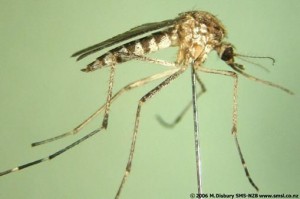Associate Professor Nick Wilson, Professor Tony Blakely, Dr Cristina Cleghorn
 A large prospective study on dietary salt and health has recently been reported in the New England Journal of Medicine. While reinforcing extensive past work that a (very) high intake of salt is hazardous to health – an increased hazard was also found for low intakes of salt (i.e., a “J-shaped” or “U-shaped” relationship). This blog post considers this new study in more detail and suggests that we need a high-level international review to clarify the research and policy agenda from here. Our interpretation should be treated as preliminary on what may be an important study; therefore, we welcome and encourage comments on this blog post. [SEE MULTIPLE COMMENTS ON THIS BLOG BELOW. AND IN PARTICULAR SEE SUBSEQUENT BLOG WHERE WE UPDATE ANALYSIS BELOW BASED ON DISCUSSIONS WITH COLLEAGUES – IMPORTANT.]
A large prospective study on dietary salt and health has recently been reported in the New England Journal of Medicine. While reinforcing extensive past work that a (very) high intake of salt is hazardous to health – an increased hazard was also found for low intakes of salt (i.e., a “J-shaped” or “U-shaped” relationship). This blog post considers this new study in more detail and suggests that we need a high-level international review to clarify the research and policy agenda from here. Our interpretation should be treated as preliminary on what may be an important study; therefore, we welcome and encourage comments on this blog post. [SEE MULTIPLE COMMENTS ON THIS BLOG BELOW. AND IN PARTICULAR SEE SUBSEQUENT BLOG WHERE WE UPDATE ANALYSIS BELOW BASED ON DISCUSSIONS WITH COLLEAGUES – IMPORTANT.]





